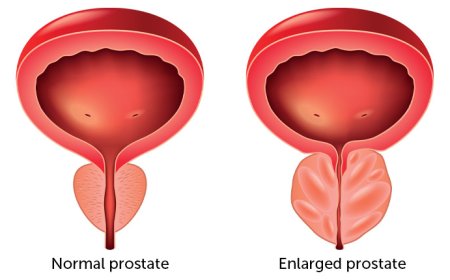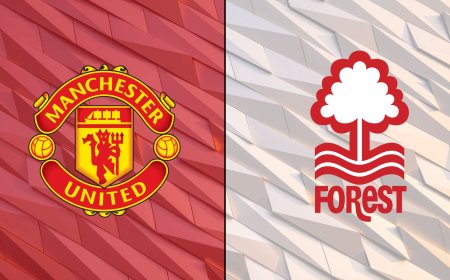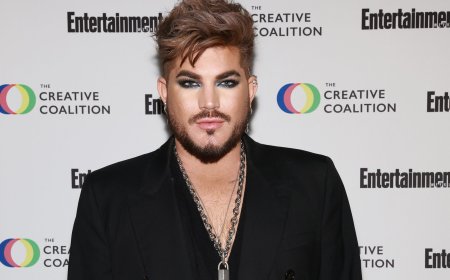Explainer: what makes Ghana’s anti-gay bill so extreme?
A closer look at what exactly the proposed Promotion of proper human sexual rights and Ghanaian family values bill contains.


Same-sex “conduct” is already illegal in Ghana, but MPs introduced a sweeping new anti-LGBTQ+ draft bill a year ago that would fully criminalisie LGBTQ+ people, along with rights groups and anyone coming out in their support.
It comes amid an outcry around the very existence of LGBTQ+ people in the west African country, and any advocacy on their behalf.
The bill is under review by a parliamentary committee and may yet be amended. If passed in its current form, rights groups say it could spark a witch-hunt of sexual minorities, advocacy groups and “allies”, forcing the public to report on their activities.
Here are some of the main measures, with excerpts from the bill itself:
A clampdown on LGBTQ+ identity
The law would criminalise, with up to five years in prison, identifying as a LGBTQ+ person, having a gay relationship or intercourse.
Marrying or intending to marry someone who has had gender reassignment surgery would also be criminalised, with up to five years in prison.
The bill also addresses “gross indecency in public”. Any public show of affection between people of the same sex, or where one or some of the people involved identify as a gender different to their sex, or have had sex reassignment, would also be criminalised.
It would also criminalise “cross-dressing”, enabling prosecution of anyone dressing in a way perceived as different from their biological sex.
"Such acts mean a public show of amorous relations between or among persons of the same sex, or where one or more of the persons involved have undergone gender or sex reassignment and intentional cross-dressing to portray a gender different from a gender assigned at birth to the person, with intent to engage in an act prohibited under the bill … is liable on summary conviction to a term of imprisonment of not less than six months and not more than one year"
Intersex corrective surgery
A clause targets intersex people, and would allow the state to recommend “corrective therapy” or surgery. It is not clear whether this could be forced. A medical practitioner would judge what binary sex should be assigned.
"The government is empowered to liaise with an approved service provider to provide assistance in the form of therapy or any other assistance relevant to the circumstance, to persons who may be questioning their sex or for a parent whose child is intersex in order to, where necessary, assist the parent realign the child to the appropriate binary designation as determined by a medical practitioner"
Leila, a queer activist in Ghana, says the intersex clause is particularly chilling. “It is scary that they could force intersex people to do surgery. It shows they are ignorant around these issues. They see it all as a threat.”
Allies and advocates
Any LGBTQ+ “allies”, whether individuals or advocacy and support groups, could be prosecuted and face up to five years in prison.
"(A) person commits an offence if the person holds out as a lesbian, a gay, a transgender, a transsexual, a queer, a pansexual, an ally …"
Any person or group seen as “promoting” identities or acts prohibited in the bill, or campaigning to support the rights of LGBTQ+ people, could face even tougher terms of up to 10 years in prison.
"A person who publishes or distributes a material for purposes of promoting an activity prohibited under the Bill is liable on summary conviction to a term of imprisonment of not less than five years and not more than 10 years. Clause 12 also prohibits a person from engaging or participating in an activity that promotes, supports sympathy for or a change of public opinion"
Gideon Adjaka, director of Ghana’s Hope Alliance Foundation, says the bill would criminalise any form of advocacy or aid for sexual minorities. “It’s very extreme. It would shut down the advocacy space, so that even providing assistance or even simply arguing for better treatment is illegal.”
A duty to report
Anyone made aware of gay acts who fails to report them could also be criminalised. This could also lead to witch-hunts, say rights groups.
"Clause 5 imposes an obligation on a person in whose presence an offence specified in the bill is committed to report the commission of the offences to the police, or in the absence of the police, political leaders, opinion leaders or customary leaders in the community"
Shone Apong, a paralegal and advocate for minorities in Ghana, says the bill is an attack on the existence of anyone believed to be gay or queer. “It is saying not only can you not exist, but we don’t want to hear about you in any way. Everywhere you show up, you can be found out. It makes all LGBTQ+ people targets, which we’re already seeing everywhere in Ghana.”
The parliamentary committee reviewing the bill will send it back to MPs for amendments before a second reading in parliament and a vote. The President, Nana Akufo-Addo, will then decide whether to give assent, send the bill back to parliament or reject it.
Who is behind the bill?
It was put forward by a cross-party group of MPs led by Sam George, an opposition MP and one of the most prominent anti-gay figures in parliament. Support has come from a powerful conservative group called the National Coalition for Proper Human Sexual Rights and Family Values – an umbrella groups of religious and conservative groups. It is led by Moses Foh Amoaning.
Amoaning’s group has also been linked to rightwing conservative groups in the US and Europe, such as the US-registered World Congress of Families (WCF) and the Spanish-registered group CitizenG. Both are active in Africa and other parts of the world in fighting against abortion rights and gay rights. In 2019, a conference hosted by WCF and the National Coalition for Proper Human Sexual Rights and Family Values in Ghana’s capital, Accra, argued for new laws to clamp down on LGBTQ+ activities in the country.
What's Your Reaction?

































